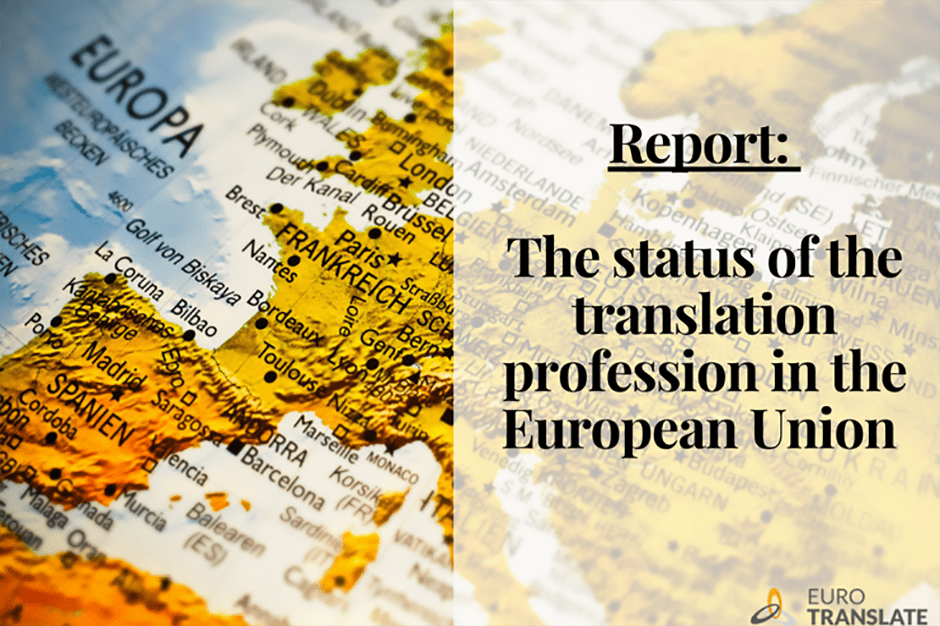
This report is a study of the mechanisms by which the status of translators is signalled in the European Union in 2011-12, with comparisons with the United States, Canada and Australia. The report is based on previous surveys and input from some 100 experts and informants. It offers sociological and economic modelling of the way signalling mechanisms affect markets in this field, with specific reference to academic qualifications, professional certifications, membership of associations and years of experience. The report proposes criteria for actions that might be taken to enhance the signalling of status. Status is understood as the presumed value of expert skills, rather than the skills themselves. An individual or group with high status is ideally attributed trustworthiness, prestige, authority, higher pay and a degree of professional exclusivity. However, when the signals of status are weak or confusing, those values are low, market disorder results, and good translators may leave the market. The process of professionalisation can then be seen as the production of efficient signals of status such that good translators stay in the market
To download full report for free go to http://bookshop.europa.eu/en/the-status-of-the-translation-profession-in-the-european-union-pbHC3212205/?CatalogCategoryID=6SsKABstmdAAAAEjyIYY4e5K
